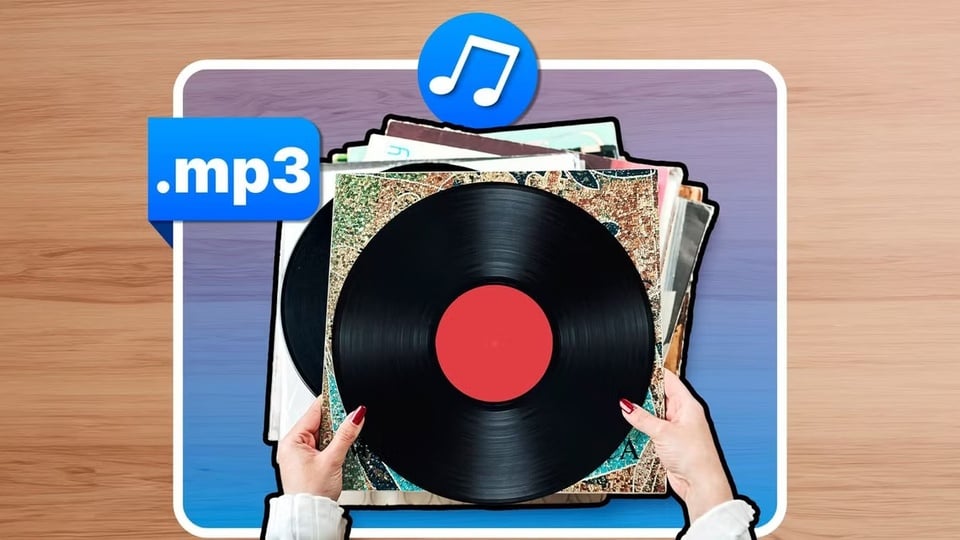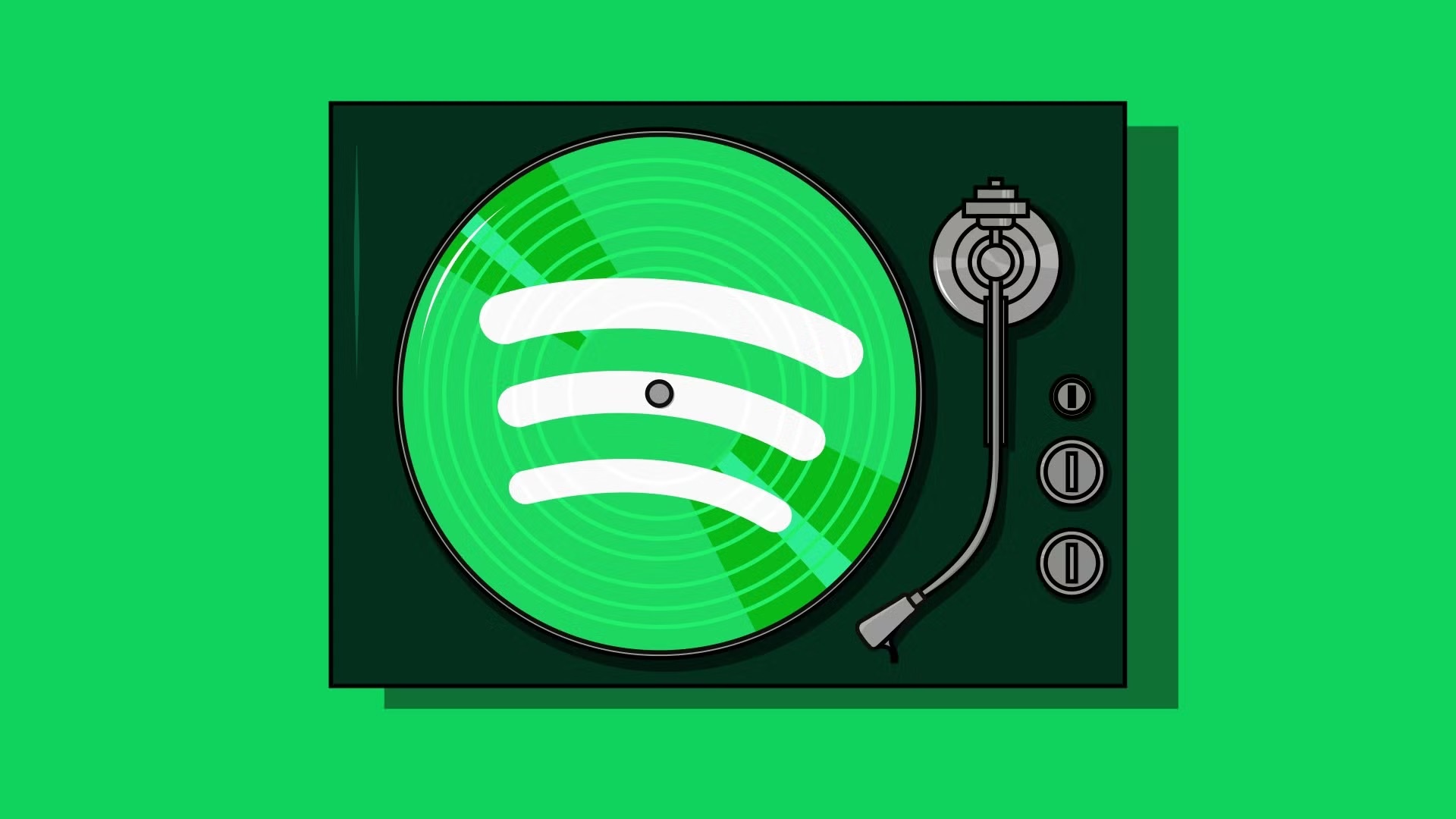 |
MP3 loses its edge in the age of high-speed Internet. Photo: Howtogeek . |
When it comes to audio files, many people probably think of MP3. This format is so popular that there is a whole generation of hardware called "MP3 players". Although it is still widely used, in the opinion of technology site Howtogeek , it is time to give up on MP3.
The advantage is overshadowed
When MP3 first appeared, its main advantage was its small storage capacity compared to competing audio formats at the time. Compared to WAV, which is uncompressed, MP3 is very small, sometimes only taking up 10% of the original file size.
In the late 1990s and early 2000s, that was a huge advantage. Very few people had high-speed Internet at home. Anyone with a computer with more than 100 GB of storage was considered a “techie.”
Today, however, things are very different. Even cheap phones often come with hundreds of gigabytes of storage. Some high-end devices have up to 1TB of storage.
As computers have become more powerful over time, they can use more complex encoding methods that ensure better sound quality while using less data. This is especially important for music streaming services.
 |
AAC is preferred by streaming services like Spotify because of its higher audio quality. Photo: Howtogeek. |
Advanced Audio Codec, often abbreviated as AAC, is quite popular, used by YouTube, Spotify, and Apple Music. The main advantage of AAC is that it is more “efficient.” This format provides the same audio quality as the original recording but uses less data.
Not all streaming services use AAC exclusively, however. There are higher quality formats like Vorbis, OPUS, and FLAC. These options allow users (and service providers) to balance bandwidth and storage with quality as desired.
It's Time to Stop Using MP3s
MP3 is also not the best format for long-term storage. MP3 uses lossy compression, which means that some of the information contained in the original recording is lost when compressed. If you need to store anything for the future, you tend to want the best possible recording.
The FLAC format is widely used in audio storage. FLAC uses lossless compression technology, allowing users to reduce file size while maintaining the original quality.
FLAC files are larger than MP3s. However, with terabytes of storage now available for relatively cheap prices, the difference is no longer so significant.
 |
MP3 is also not ideal for storage because of its lossy compression method. Photo: Howtogeek. |
The only advantage of MP3 today is its wide compatibility. With its presence and popularity over the past 25 years, almost every software, device, and service supports MP3.
Once again, AAC catches up to MP3 in this regard. AAC is also widely supported, but it is better in every way. The only major difference you will notice on your computer is that the file extension is M4A or M4B instead of MP3. FLAC is also supported by most modern devices.
The MP3 format once had its heyday, being the most widely used format globally, but it's time to cede this role to another format, perhaps AAC or a completely new encoding method.
Source: https://znews.vn/den-luc-tu-bo-mp3-post1572380.html

























![[Photo] National Assembly Chairman attends the seminar "Building and operating an international financial center and recommendations for Vietnam"](https://vphoto.vietnam.vn/thumb/1200x675/vietnam/resource/IMAGE/2025/7/28/76393436936e457db31ec84433289f72)










































































Comment (0)